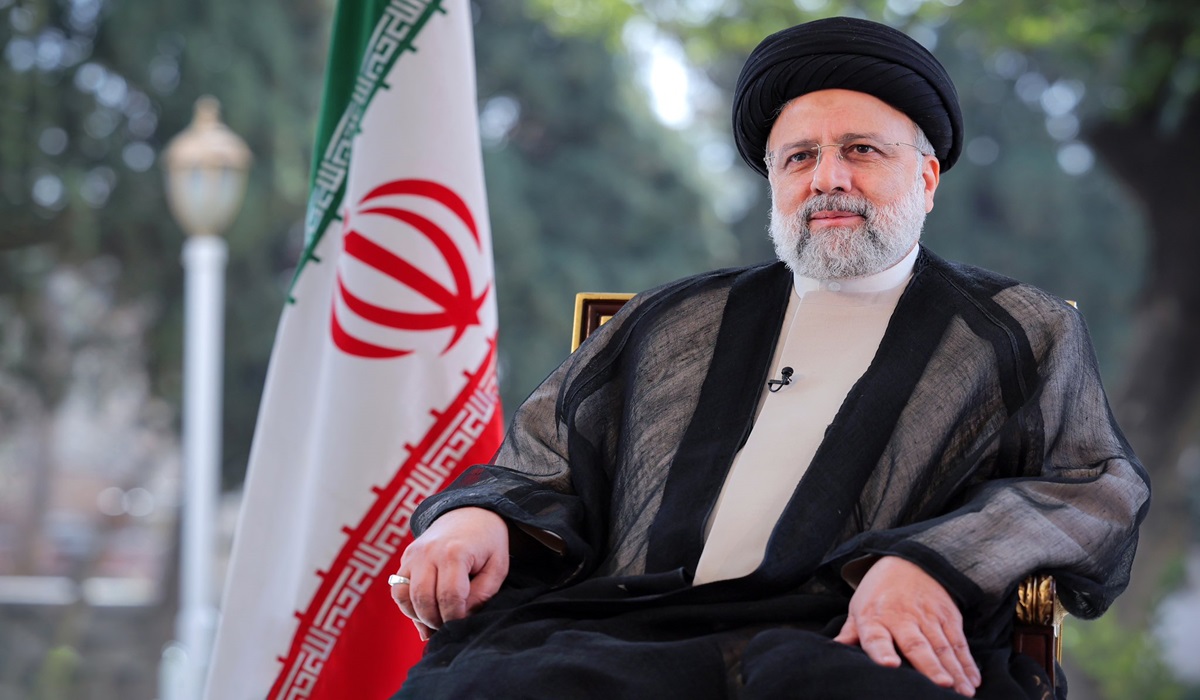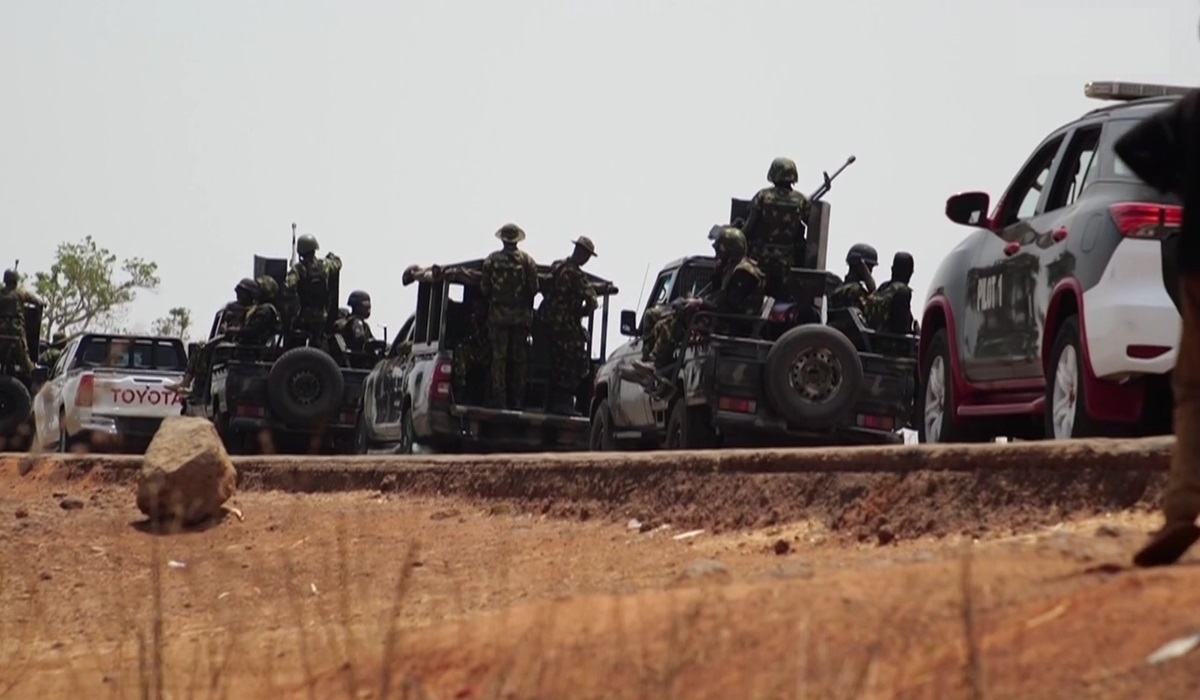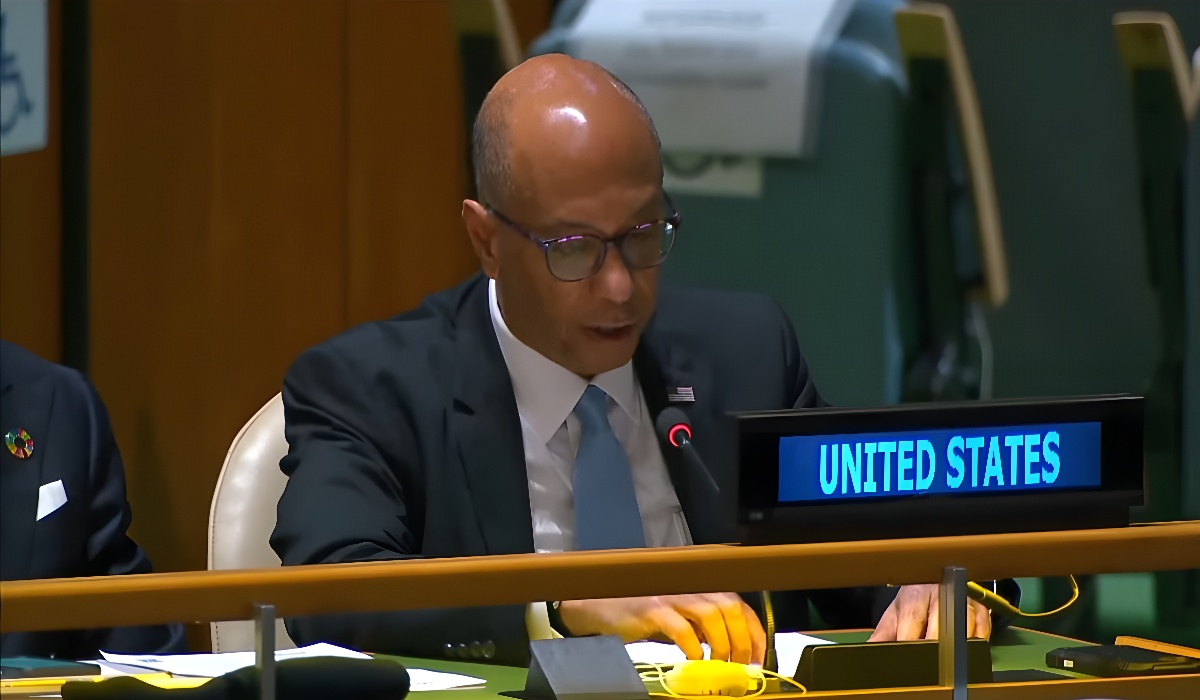A Prelude To World War 3: Why Are US Politicians Beating The Drums Of War In The Middle East?
- TDS News
- Breaking News
- October 29, 2023

In a world already fraught with tension and instability, the saber-rattling of American politicians, as they beat the drums of war to attack Iran, Syria, and Lebanon, purportedly to protect Israel’s interests, is nothing short of a recipe for global disaster. It is not a question of “if” but “when” the United States decides to strike Iran, and the consequences could well signal the beginning of World War III. The implications of such a move are deeply alarming and far-reaching, making it crucial to scrutinize the potential consequences for not only the Middle East but the world at large.
The first and most immediate concern is the inevitable retaliation from the Middle East. If the U.S. proceeds with military strikes, the Middle East will not remain passive. The consequences would be swift and far-reaching. Turkey, a NATO member, has made it explicitly clear to the US that it will not stand idle, further complicating the situation. Iran does have a strong military and would undoubtedly defend itself. Syria and Lebanon, already embroiled in regional conflicts, would also take up arms to protect their sovereignty. Hezbollah, a formidable force in the region, would join the fray.
Even Egypt, which has maintained a fragile peace with Israel for years, would be compelled to intervene in support of the countries within the region. Such a war would unite Sunni and Shiite Muslims, transcending the historical divisions that have plagued the Middle East for centuries. In essence, it would mean Israel would face bombardment from all sides.
The repercussions would not be confined to the Middle East. American bases throughout the region would not only be expelled but would come under attack. This could potentially lead to more strikes on American soil, creating a vicious cycle of violence and retaliation. By embroiling itself in the affairs of other nations, the United States would be willingly placing itself at the center of a crisis it has no business being in.
History is replete with examples of the devastating consequences of American military intervention in foreign wars. Iraq, Vietnam and its prolonged stay in Afghanistan after it attempted to eliminate the Taliban responsible for the 9-11 attacks– the list goes on. In each case, the human toll was staggering, and the long-term consequences are still felt today. As it stands, the United States is involved in proxy wars across the globe. The war machine, once set in motion, becomes difficult to halt. The ongoing commitment to these conflicts comes at a staggering cost, with hundreds of billions of dollars funnelled into countries that are strategically interested in or allow US military bases within their borders.
The United States is also a major arms supplier to various nations, including Taiwan, the Philippines, South Korea, Japan, and Israel. Weapons, whether sold or donated, have a disturbing tendency to end up in the wrong hands, perpetuating instability across the globe; this far too often results in weapons made by the US military being used on both sides.
According to the Geneva Conventions, it prohibits the use of weapons that cause unnecessary suffering or harm to civilians and combatants who are hors de combat (out of combat). Then there is the United Nations Security Council Resolutions (UNSC) that can impose sanctions, arms embargoes, or call for disarmament in cases where weapons are being used in violation of international law. However, they can not enforce their own white paper unless it is against poor countries. The G7 block seems to be exempt from criticism in this regard. This is a fundamental reason why many world leaders view the UN as lacking in value, akin to a penny with a hole in it. The perception is that the organization is disproportionately influenced by the United States, often without a meaningful response to its military decisions.
The American military-industrial complex has an insatiable appetite for war. The country’s military budget surpasses a trillion dollars, more than the cumulative GDP of most countries combined. This speaks volumes about America’s disproportionate emphasis on war over peace.
In the eyes of many, the United States has long lost its moral authority to broker peace. The country seems perpetually trapped in a cycle of military interventions and engagements. Its perception of safeguarding the interests of its allies has been increasingly at the expense of its citizens and soldiers, who are repeatedly called upon to make the ultimate sacrifice in far-off lands.
War should always be the last resort in resolving conflicts, and the brave young men and women who serve in the armed forces should never be needlessly placed in harm’s way. Their commitment and dedication to the nation should not be abused by politicians who lack personal experience with the horrors of war.
Senator Lindsey Graham, a proponent of military intervention, is a stark example. He has no children or grandchildren in the line of fire and cannot truly fathom the gravity of sending other people’s loved ones into dangerous foreign wars. This disconnect between those who make decisions about war and those who fight in them is a profound injustice that must be addressed. Furthermore, calling for the US military to strike Iran’s oil fields and launch a full-scale attack on a sovereign nation, is not only reckless it is putting Americans across the globe in danger.
Then there is Vivek Ramaswamy, a far-right GOP candidate who recently made disturbing comments calling for acts of violence that are beyond the boundaries of civil discourse. His explicit remarks, which included advocating for the decapitation of individuals associated with Hamas and gruesome public displays, have raised serious concerns about his suitability for public office. These comments not only lack the decorum expected of political leaders but also demonstrate a reckless disregard for the rules of war and humanitarian principles.
It is crucial for individuals aspiring to hold public office to exercise responsible and respectful rhetoric, as their words can influence public opinion and impact society. Vivek Ramaswamy’s willingness to resort to such extreme language for political gain is troubling and raises questions about his judgment and ethics. In a political landscape that thrives on constructive dialogue and respectful discourse, such comments are far from the standards expected of those seeking elected positions.
The politicians and aspiring leaders who clamor for war, yet refuse to explore peaceful alternatives, bear a heavy responsibility for the devastation and loss of life that inevitably ensues. This is not just limited to the Gaza Strip but extends to the willful insertion of the U.S. military into foreign conflicts. The notion that using the U.S. military to attack sovereign nations that have not posed a direct threat on US soil will have no repercussions is a dangerous fallacy.
The consequences of military intervention extend far beyond the immediate zone, affecting the American people, the economy, and even the upcoming 2024 election. It is high time for the American government to prioritize diplomacy and peaceful resolution over the drums of war. The stakes are too high, and the world cannot afford to be dragged into another devastating and avoidable crisis.








